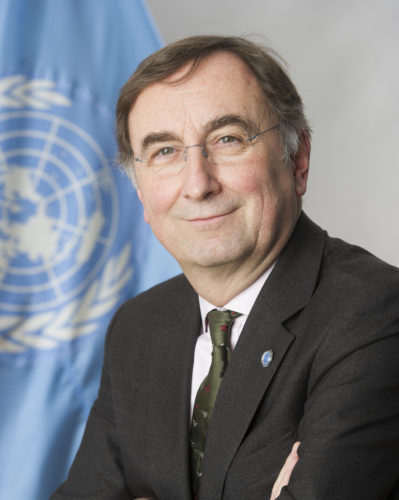Changing terms to match the IPCC

Keeping track of evolving geoengineering terminology is a constant challenge. To that end, earlier this year we published our terminology guide, as well as explanatory blogs here and here, explaining why we chose to use certain terms – but also alerting readers to other terms that were in general use, along with their pros and cons.
Following the publication of the IPCC’s Special Report on Global Warming of 1.5°C, we decided to look again. We concluded that given the IPCC’s unique position as representing the state-of-play on climate science, and our focus on the international policy-making space, we should update our own terminology to match that of the report.
Specifically, in our communications and information products, we will use the terms as defined in the IPCC report’s glossary – and are updating our website and materials accordingly. To that end:
- We will now refer to ‘Carbon Dioxide Removal’ (or its acronym CDR), instead of ‘Carbon Removal’. We will also refer to these technologies as a form of ‘Mitigation’.
- We will now refer to ‘Solar Radiation Modification’ (or its acronym SRM), instead of ‘Solar Geoengineering’.
- In general, we will use one or both of the terms above (or the specific technology in question) rather than the term ‘Geoengineering’.
At the same time, we recognise that other terms have utility, and are still widely used in certain communities. To that end, we will take a flexible approach in verbal communications, and potentially when providing written input in specific contexts.
This leaves us with the tricky question of our name: ‘Carnegie Climate Geoengineering Governance Initiative’. We did consider whether to change it or not, in line with our new terminology approach, but noted that the IPCC has continued to define the collective term ‘geoengineering’ to encompass both CDR and SRM (even though it elected not to use the term in its latest report).
Given this, and the complexities that a name change would entail, we have decided that for now it makes sense for us to retain our current name.
As always, we welcome your thoughts and suggestions.
Good to see Janos; makes sense and good to be consistent. I will keep this in mind in our discussions in the IPCC WGII Lead Author meeting the coming days in Durban.